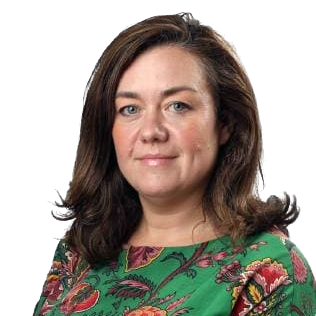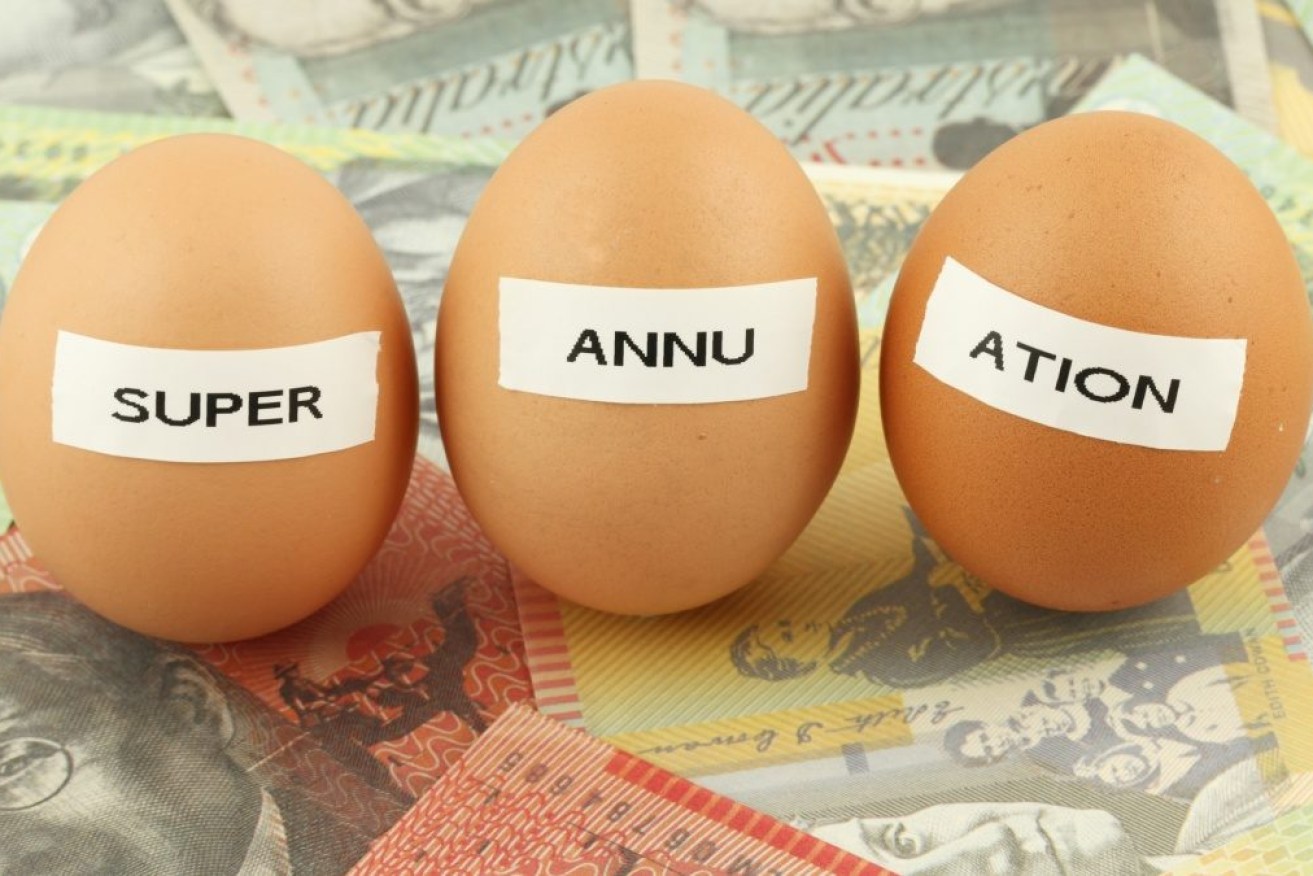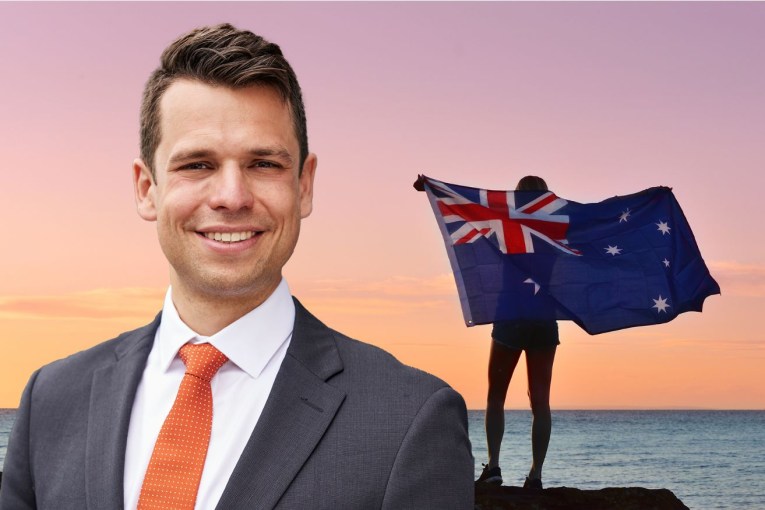Chequered history of opt-out super plan shows it may re-emerge


The money or the retirement nest egg? Voters may have to choose at the next election. Photo: Getty
It’s easy to forget that John Howard went to the 1996 election promising to increase the superannuation guarantee to 15 per cent.
The architect of the modern super scheme, Paul Keating had proposed to further increase superannuation contributions to 15 per cent in his last budget as prime minister.
But after the 1996 election, Treasurer Peter Costello announced that the proposals for employee and government contributions would be reviewed and that the timeline for the employer superannuation guarantee contributions would remain frozen.
Interestingly, the Howard government also proposed that employees be able to ‘opt out’ of super and receive wage increases instead of superannuation guarantee contributions.

John Howard and Peter Costello froze the timeline for employer superannuation guarantee contributions. Photo: AAP
This is exactly the proposal now being raised by backbench MPs for the Prime Minister Scott Morrison to consider.
The Howard government’s plan for opt-out super was due to start on July 1, 1998 but was later deferred before it was finally dropped.
The Abbott government also went to the 2013 election without flagging any radical plans on superannuation.
But the treasurer Joe Hockey later announced a deferral of the timeline to reach the super guarantee of 12 per cent.
When the Abbott government struck a deal with Clive Palmer to abolish the mining tax, part of the quid pro quo was delaying an increase to the super guarantee.
The superannuation guarantee rate, which was set to rise from 9.5 per cent to 12 per cent by July 2019, was kept frozen at 9.5 per cent until July 1, 2021 only rising to 12 per cent from July 1, 2025.
Two years later, in the lead up to the 2016 budget, the Liberal Party again floated the idea of opt-out super.
“Mums, part-timers and casuals will secure a pay rise of up to $63 a week under a proposal to allow low-income workers to “opt out’’ of compulsory superannuation,” was the story I wrote for The Sunday Telegraph.
“The radical option could deliver hip-pocket relief for thousands of part-time and casual workers earning less than $37,000 year, effectively giving them a 9.5 per cent pay rise – that being the amount paid into their superannuation by employers.
“Senior cabinet ministers said treasurer Scott Morrison should consider the idea, arguing many low-income workers will never save enough to avoid reliance on the aged pension in retirement.”
Barnaby Joyce, then deputy prime minister, was cool on that idea but quick to embrace the idea of hopping into super to buy a house.
Mr Morrison’s office said at the time he wasn’t considering the option, although it’s not clear he denied flirting with the idea.
For several years now, former Australian Workers Union boss, Paul Howes, has called for more debate on making super voluntary for low-income workers in his new role at KPMG.
The big concerns remain that women don’t have enough in their super accounts and that many low-income workers don’t save enough to ensure they don’t end up reliant on the pension.
KPMG has also previously called for the raising the annual income threshold at which the 15 per cent tax rate applies to concessional superannuation contributions.
Earlier this year, Mr Howes warned a prolonged economic slowdown in Australia posed a serious threat to compulsory super and prompt more workers to argue they should be able to take their 9.5 per cent super now as a pay rise.
At first blush, any moves by the Liberal Party to attack superannuation would be politically dangerous.
Mr Morrison has made clear he is sticking to his promises, but that doesn’t preclude him taking a new policy to the next election.
Having bet the house on big tax cuts at the last election, there’s not a lot the Liberals can offer next time other than continuing to implement them.
But offering workers an optional 10 per cent pay rise – if they chose not to save their super – would be a radical idea to road test at an election.
As NSW Senator Andrew Bragg proposed in his maiden speech, workers could tick a box in their tax return and get the money back at tax time.
It might be a dumb retirement incomes strategy, but it’s not beyond the realm of possibility that the Liberal Party may form the view it could be smart politics.








